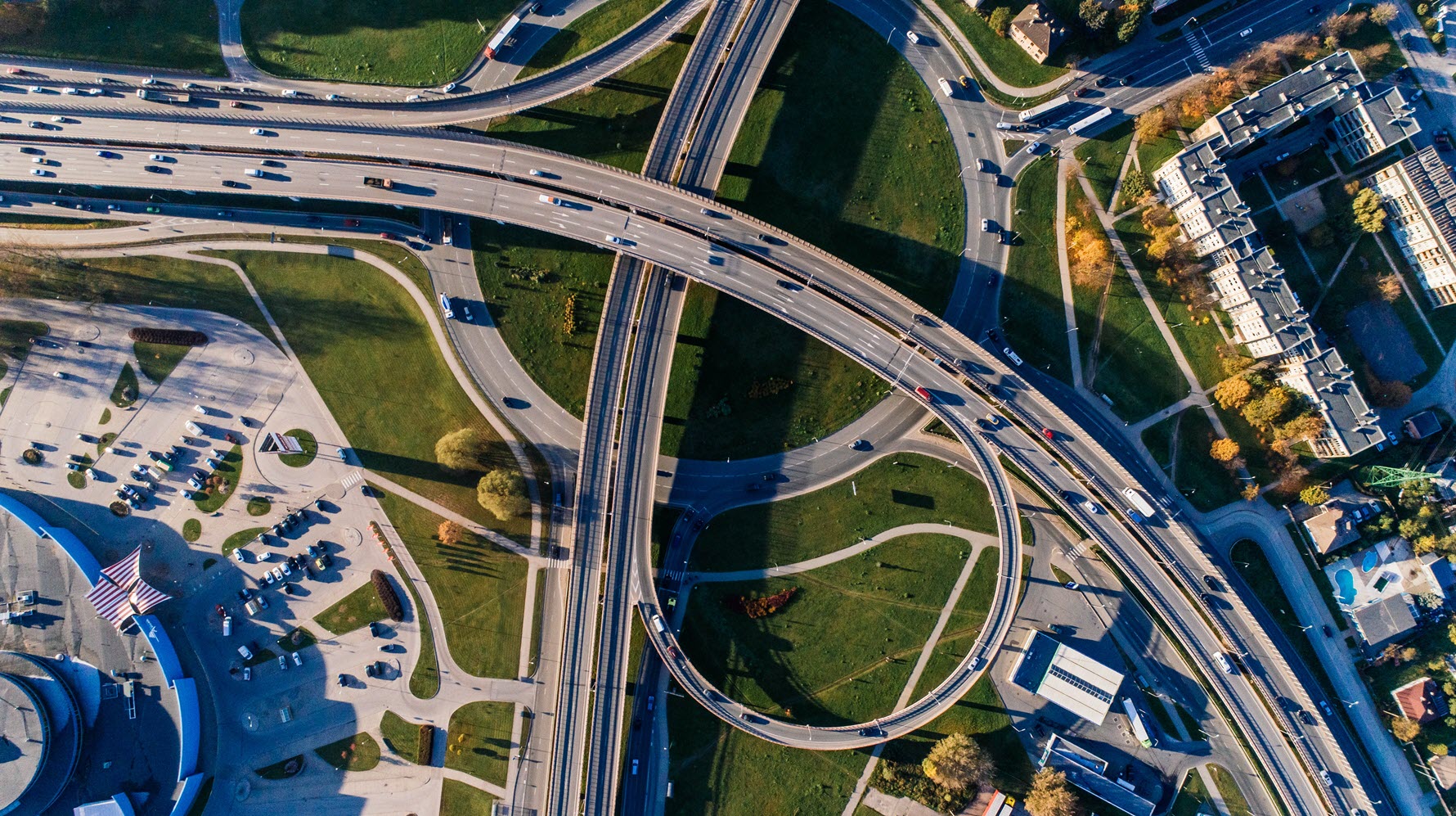
Blogs, Blogs
Trends and developments for logistics service providers in 2021
Date
17 December, 2020
Reading time
5min. reading time
Two more weeks before we jump from the year 2020 into 2021. New Year’s Eve, though probably celebrated differently than previous years, may feel as a relief for a lot of people. Because despite of the fact that there won’t be any big events, it offers a chance for a fresh start after an eventful year. Also for the logistics industry. Whether your organization was under financial pressure because business decreased, or you had an overload of work with which you suddenly had to cope: in 2020 the entire logistics industry was influenced by the corona crisis. However, a new year means new opportunities, new obstacles, and new predictions. For example, how does the corona crisis affect the logistics industry in 2021? And what technological developments can you expect? We have listed the most important trends for you.
The aftermath of the corona crisis
The new year may feel like a new start, but no matter how much we want it to be, that does not mean the corona crisis doesn’t affect the logistics industry anymore. With a 13,5% decrease in transportation and logistics in 2020, the new year will be focused on market recovery. How long you as a logistic service provider will feel the consequences of the crisis, is even for experts hard to tell. Depending on government policy, economic growth, spreading of the virus and consumer behavior, it is possible that you will notice the consequences of the crisis in 2022 and 2023 too. So, you must hang in there, but you can also use this situation to focus on your corporate processes and come out of the crisis stronger.
Faster technological developments and innovations
Besides a fallback in business for a big part of the logistics industry, COVID caused an acceleration in technological developments. Robotizing, data driven workflows, Artificial Intelligence (AI), all trends that match the fourth industrial revolution and developed quickly in a short time due to the pandemic. In 2021, these trends are expected to continue, and logistics service providers will have to adjust. Among other things, they will have to adapt by applying the newest developments in their logistic processes.
Continuous growth in e-commerce
Another direct consequence of the corona crisis is the significant growth in online purchases, and therefore the demand for e-fulfilment. Over the last year, the balance between online and physical sales has shifted extremely to online. And because e-commerce is still just a fraction of the total worldwide consumer market, there is still enough space for growth. This growth is not only predicted in the consumer market. Also in the B2B industry, e-commerce will make an entrance in the next five years. In other words, e-commerce will continue to grow the next year, and with that e-fulfillment too.
Automation because of Brexit
Besides the consequences of the corona crisis, that will leave a major impact on 2021, also the Brexit will affect the logistics industry and your processes. With both a ‘soft’ as a ‘hard’ Brexit, transportation to the United Kingdom will become more complicated. For example, Customs declaration, export conditions and tax regulations will change drastically between the EU and the UK. The new situation will speed up the trend of automation in the logistics industry. Especially for companies who do not yet use an automated link with customs.
Transparency and data
Furthermore, expectations are that 2021 will be a year in which transparency and data will play an even more important role. Customers will demand more insights into their products and orders, and communications throughout the supply chain will integrate more, from manufacturer to customer. Think for example of your customers’ requests for customer portals, automatically generated messages through EDI, and reports. In these ways, all involved parties are continuously connected in an accessible and simple way. Data is an important factor in this process and it does not only apply for communication with customers and suppliers. As an organization, you can use data to make the right decisions and to shape your processes as efficient as possible. And, looking ahead to the slowly recovering market, efficiency will be an important part of your business operations in 2021.
Sustainability
Last but not least, the trend of sustainable business processes and environmental awareness will increase, also in the transport and logistics industry. After passenger cars, the transport industry also stands on the eve of electrification. Furthermore, the number sustainable initiatives in the logistics industry seems to grow. Logistics service providers cannot afford being badly prepared for the consequences of the environmental debate. Working together on this topic is important. By combining, consolidating, and planning shipments in a smarter way, trucks can be loaded more efficient, which means fewer empty kilometers. This directly reduces the CO2 emission. And despite the fact that this trend has been on the logistics agenda for multiple years, the cry for sustainability becomes louder and louder.
Are you ready for the developments in 2021?
As you have read, the logistics industry awaits an eventful year. On the one hand you must deal with the consequences of the corona crisis, while on the other hand new developments already knock on the door. No easy task. Luckily you are not alone, but you can count on the Boltrics peloton. We as Boltrics are certain that we can handle these heavy tasks together and can welcome the new developments. On behalf of all Boltrics colleagues: we wish you a happy holiday and a prosperous 2021!

